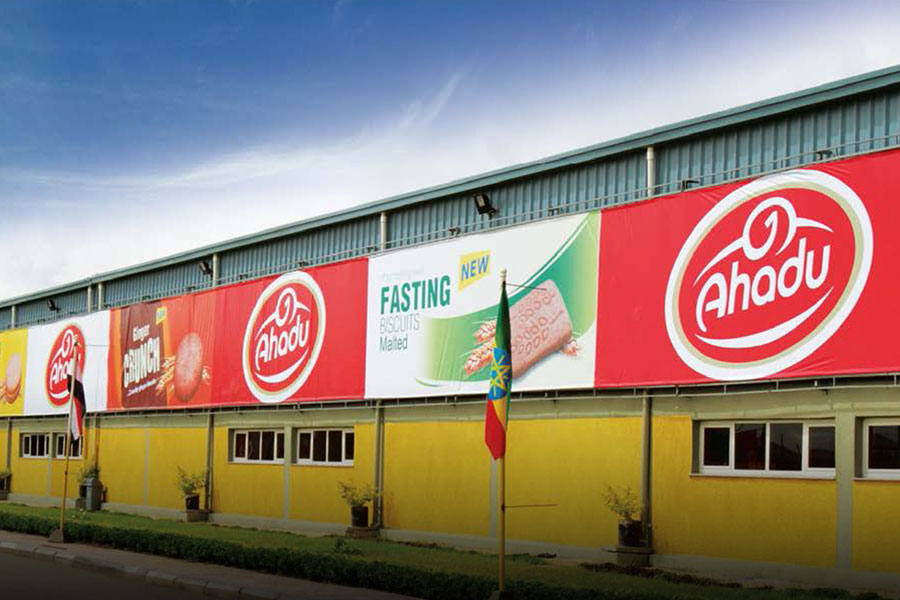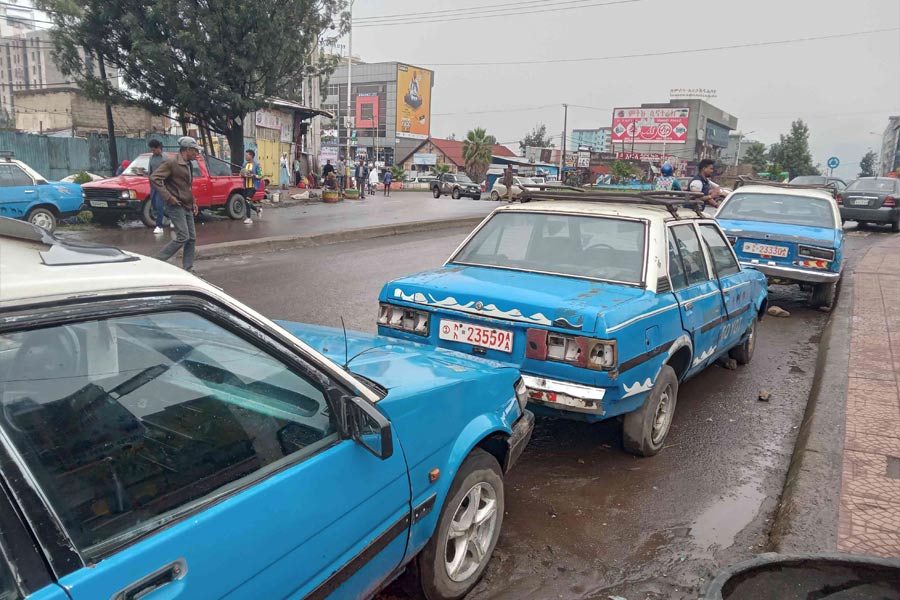
Radar | Sep 02,2023
Dec 4 , 2022
By Fanta Tadesse
For decades, Ethiopia has been in a vicious spiral of challenges that test food security, such as drought, internal conflicts, and an economy in upheaval.
In the late 1990s, I remembered a BBC news story about Ethiopia exporting maize to Kenya, which surprised the world's donors. This event was short-lived, though. I also recalled months later that the same broadcaster reported that millions of Ethiopians urgently needed food aid, and the donors claimed urgent support.
I asked for clarification on the paradox of the story from the program Postmark Africa. The answer was promising: "Production has risen immensely, but the challenges were infrastructures." The product could not be transported from overproducing areas to less sufficient regions.
Today, the infrastructure for transporting produce from excess production areas to the lesser may not be as an issue as it used to be two decades ago. There is also a vast local and global market opportunity. Being self-sufficient would never be news in other parts of the world. For us, however, it is like landing on another planet. Such tragic history has been tied to the country for years.
Although Ethiopia is still expected to do more to comply with the definition of food security, different parameters are used for its appraisal, among which is its availability. However, availability alone may not necessarily ensure food security. It needs intense access to contribution and rigorous work.
It is not a big challenge to produce enough grain for domestic consumption and export purposes. It only takes some structural adjustment on land policy and encouragement of private investors to involve in the sector.
The recent serious engagements and determination demonstrated by the government have an enormous stride for food security. It would be marvellous if handled with great concern. We hear, somewhat regularly, the news of Ethiopia exporting grain. However, the news of a ship carrying tons of grain departing from Ukraine's port, Odesa, destined for Ethiopia emerged not long ago. Understandably, many are confused by such development in contradiction.
Grain production, especially wheat, has risen significantly in some areas. The utilization of what was once regarded as barren land may have contributed its share is also something to highlight. Yet, the production only adds to the GDP; the aggregate result would pull down by the zero output of war-torn areas. Areas may have comparative advantages even though they may be involved in manufacturing or any production that enhances the GDP by capitalizing on their relative benefits.
If it works harder, Ethiopia will soon be added to the list of grain-exporting nations. But keeping the momentum requires systematic ownership. It may not be feasible for this activity to be managed by higher officials running after events on farm plots. It takes ownership to maintain sustainability and stability, as it requires great concern. Failures to keep the momentum alive would add to the already troubling image, just like the news of the late 1990s.
The current practice to ensure food security has shown that the country is changing a lane to another course of history. Whatever the outcome is, it truly is a game-changing phenomenon. This change can encourage other African countries which experience similar challenges. Ensuring food security has multi-dimensional significance, ranging from changing the reputation to the welfare of its citizens.
PUBLISHED ON
Dec 04,2022 [ VOL
23 , NO
1179]


Radar | Sep 02,2023

Fortune News | Feb 10,2024

Fortune News | Jul 08,2023

Fortune News | Dec 30,2023

My Opinion | Oct 26,2024

Commentaries | May 29,2021

Radar | Jun 15,2025

Sunday with Eden | Sep 10,2023

Life Matters | Apr 15,2023

Life Matters | Mar 06,2021

Photo Gallery | 176524 Views | May 06,2019

Photo Gallery | 166737 Views | Apr 26,2019

Photo Gallery | 157266 Views | Oct 06,2021

My Opinion | 136918 Views | Aug 14,2021

Dec 22 , 2024 . By TIZITA SHEWAFERAW
Charged with transforming colossal state-owned enterprises into modern and competitiv...

Aug 18 , 2024 . By AKSAH ITALO
Although predictable Yonas Zerihun's job in the ride-hailing service is not immune to...

Jul 28 , 2024 . By TIZITA SHEWAFERAW
Unhabitual, perhaps too many, Samuel Gebreyohannes, 38, used to occasionally enjoy a couple of beers at breakfast. However, he recently swit...

Jul 13 , 2024 . By AKSAH ITALO
Investors who rely on tractors, trucks, and field vehicles for commuting, transporting commodities, and f...

Oct 18 , 2025
The political establishment, notably the ruling party and its top brass, has become p...

Oct 11 , 2025
Ladislas Farago, a roving Associated Press (AP) correspondent, arrived in Ethiopia in...

Oct 4 , 2025
Eyob Tekalegn (PhD) had been in the Governor's chair for only weeks when, on Septembe...

Sep 27 , 2025
Four years into an experiment with “shock therapy” in education, the national moo...

Oct 18 , 2025 . By NAHOM AYELE
In a sweeping reform that upends nearly a decade of uniform health insurance contribu...

A bill that could transform the nutritional state sits in a limbo, even as the countr...

Oct 18 , 2025 . By SURAFEL MULUGETA
A long-planned directive to curb carbon emissions from fossil-fuel-powered vehicles h...

Oct 18 , 2025 . By BEZAWIT HULUAGER
Transaction advisors working with companies that hold over a quarter of a billion Bir...